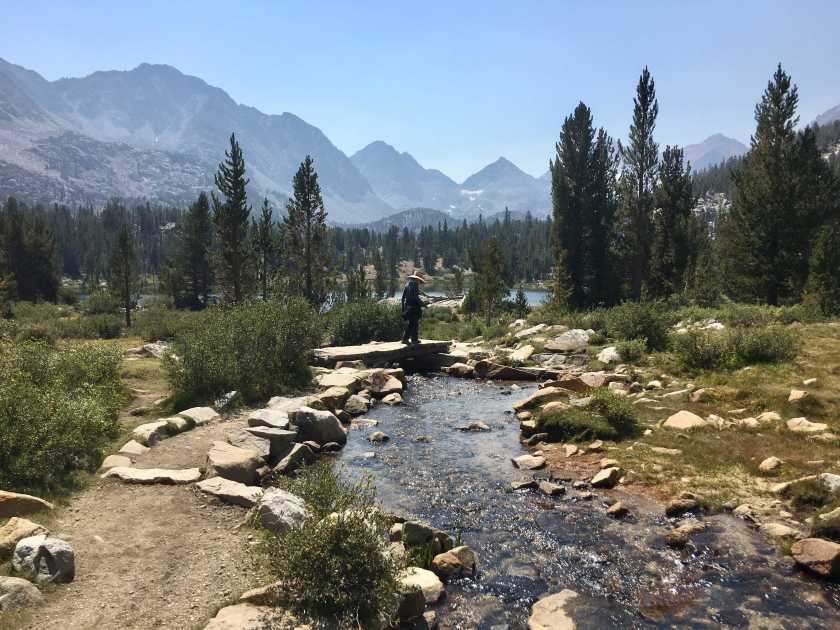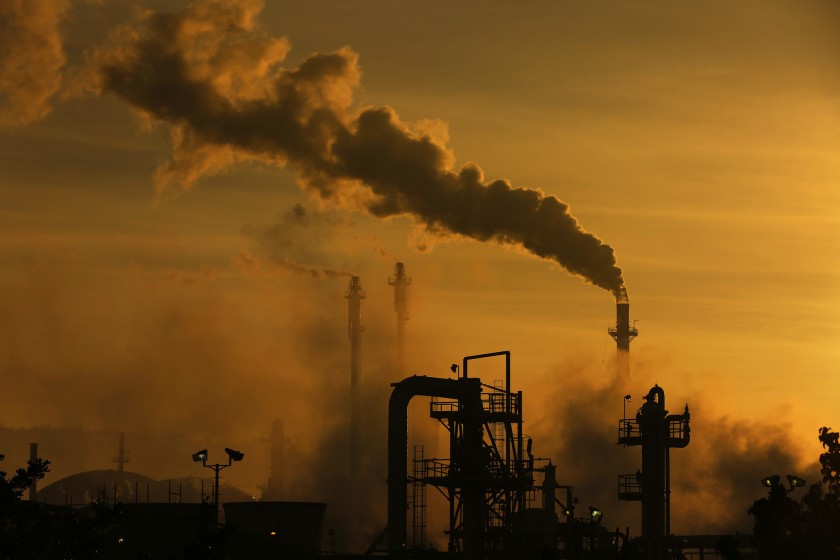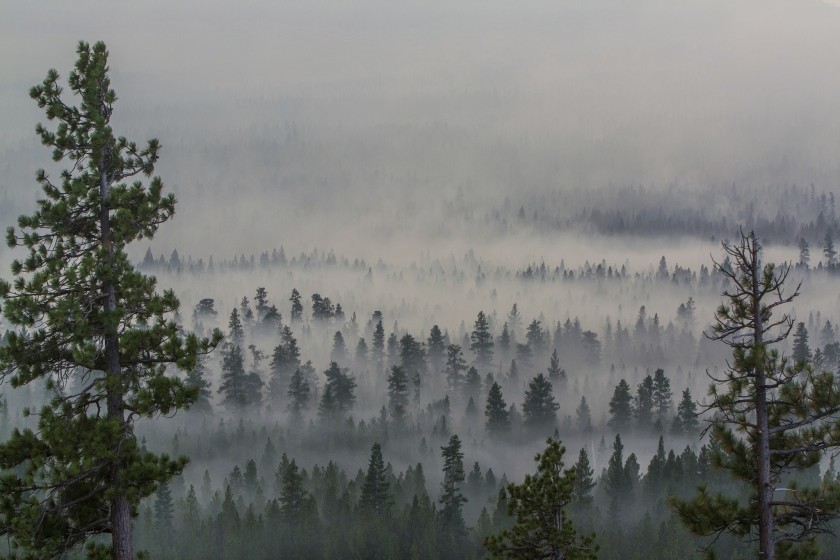A hiker crosses a stream in the Little Lakes Valley of Inyo National Forest on Aug. 28, 2020. Building housing in city centers, rather than carving new subdivisions into undisturbed landscapes. Planting nonmarketable cover crops on farms during fallow seasons. Restoring coastal wetlands that have been dredged, filled and paved over. Thinning forests and setting prescribed burns to reduce the severity of later fires. All those ideas have something important in common: They would would reduce planet-warming emissions. And together, they could play a huge role in California’s efforts to lead the world in fighting climate change, according to a report released today by scientists at the Nature Conservancy.
Get Boiling Point, our newsletter exploring climate change, energy and the environment, and become part of the conversation — and the solution. You may occasionally receive promotional content from the Los Angeles Times. We should be grateful to natural landscapes: Without any prompting from human beings, they absorb 29% of the heat-trapping carbon dioxide we spew into the atmosphere, per the Intergovernmental Panel on Climate Change. At the same time, agriculture, forestry and other human land uses account for 23% of global emissions, the IPCC says . And as we […]


Add a comment






